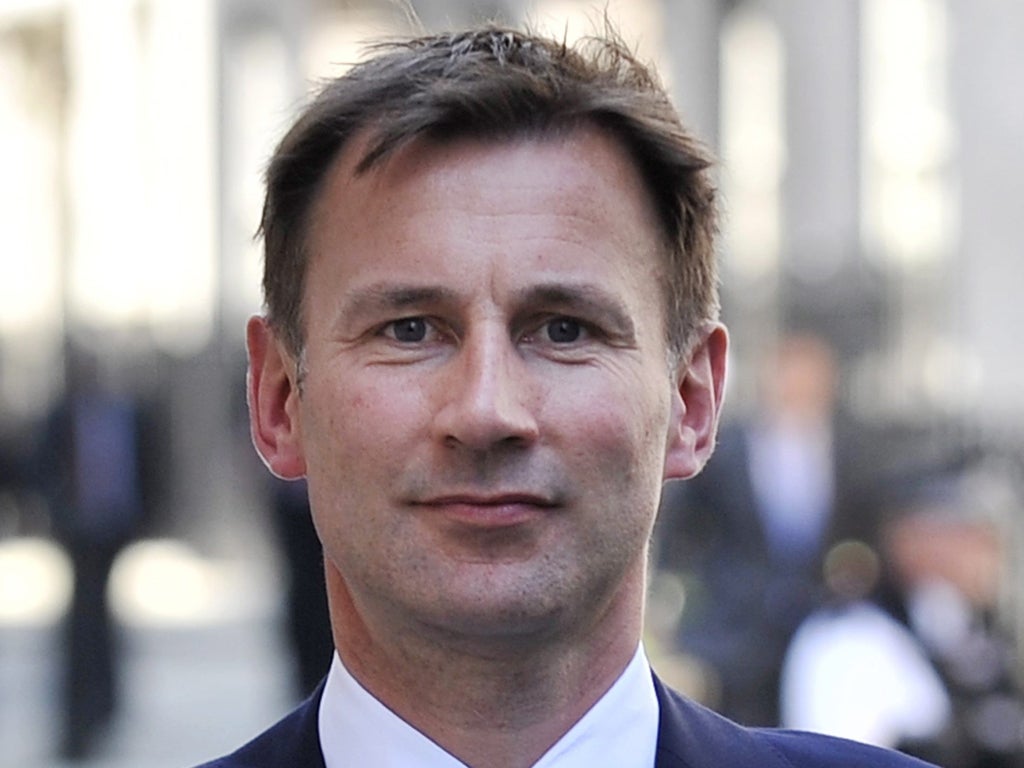Memo undermines PM's claim his Government was unbiased on BSkyB bid

Your support helps us to tell the story
From reproductive rights to climate change to Big Tech, The Independent is on the ground when the story is developing. Whether it's investigating the financials of Elon Musk's pro-Trump PAC or producing our latest documentary, 'The A Word', which shines a light on the American women fighting for reproductive rights, we know how important it is to parse out the facts from the messaging.
At such a critical moment in US history, we need reporters on the ground. Your donation allows us to keep sending journalists to speak to both sides of the story.
The Independent is trusted by Americans across the entire political spectrum. And unlike many other quality news outlets, we choose not to lock Americans out of our reporting and analysis with paywalls. We believe quality journalism should be available to everyone, paid for by those who can afford it.
Your support makes all the difference.The political scandal over Rupert Murdoch's battle to buy BSkyB moved closer to David Cameron last night after new evidence undermined the Prime Minister's claim that his Government was scrupulously even-handed in deciding on the £8bn deal.
A memo, released by the Leveson Inquiry, revealed for the first time that Mr Cameron already knew his Culture Secretary Jeremy Hunt was in favour of the bid, before he handed him quasi-judicial power to rule on it.
In the private message to the PM, Mr Hunt told Mr Cameron of James Murdoch's fury at his treatment, and stressed the importance of the deal going through. Only a month later, and despite knowing Mr Hunt's views, Mr Cameron handed him responsibility for making the decision on the bid.
Downing Street has insisted the note was "entirely consistent" with Mr Hunt's public statements on the BSkyB bid prior to taking on the role.
In a day of revelations at the Leveson Inquiry, which heard evidence from both Mr Hunt's special adviser Adam Smith and the News Corp lobbyist Fréd Michel, it emerged that:
* Mr Hunt may have misled Parliament over a statement he made claiming he had had no contact with Mr Michel other than official meetings. The inquiry revealed he had texted him on at least three occasions.
* More than 1,000 texts were exchanged between News Corp and the Department for Culture, Media and Sport during the bid, including 257 from Mr Smith to Mr Michel.
* Mr Michel admitted Mr Smith had given him regular updates on the "timings" and "process" of the bid, but said this did not amount to a "running commentary".
But the most damaging revelation was the emergence of the memo from Mr Hunt to the Prime Minister on 19 November 2010, in which he made clear his support for the Murdoch empire's ambition to take full control of BSkyB. He said: "It would be totally wrong to cave into the Mark Thompson [BBC Director General]/Channel 4/Guardian line that this represents a substantial change of control given that we all know Sky is controlled by News Corp now anyway."
A Downing Street spokesman said: "Jeremy Hunt's note is entirely consistent with his public statements on the BSkyB bid prior to taking on the quasi-judicial role."
Join our commenting forum
Join thought-provoking conversations, follow other Independent readers and see their replies
Comments